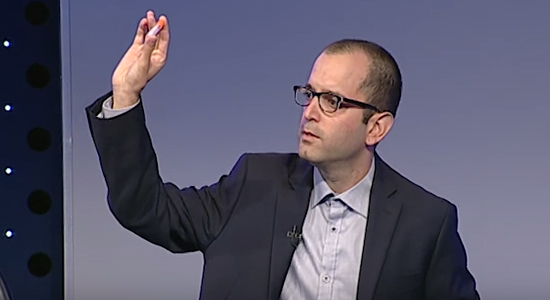
Yaniv Erlich at World’s Top 50 Innovators from the Industries of the Future
To end his talk “Can we store all of world’s data on a pickup truck,” Erlich makes bold prediction that DNA storage could be cheaper than magnetic storage within a decade.

To end his talk “Can we store all of world’s data on a pickup truck,” Erlich makes bold prediction that DNA storage could be cheaper than magnetic storage within a decade.
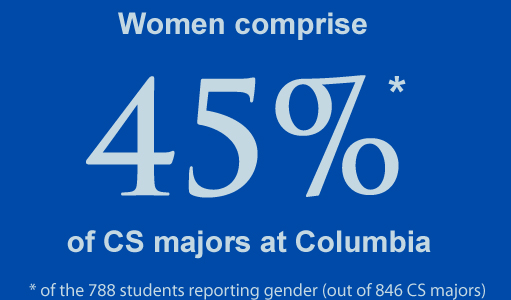
With the national average slightly below 20%, Columbia’s relatively high percentage of women CS majors in the 2016-2017 academic year ranks it among the top US universities in attracting women to computer science.
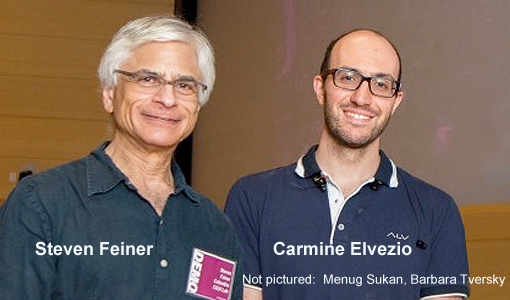
“Travel in Large-Scale Head-Worn VR” teleports users through virtual environments by allowing them to determine orientation in advance. Another project from Feiner’s lab, “Remote Collaboration in AR and VR Using Virtual Replicas” won a third place … Continue reading Team from Steven Feiner’s lab wins Grand Prize at NYC Media Lab Summit
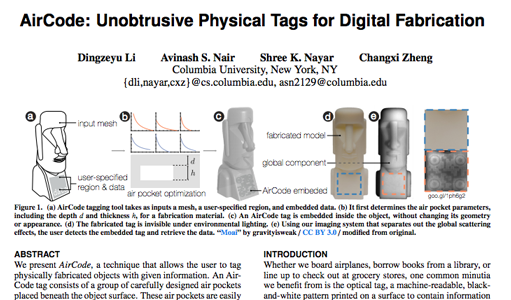
The paper describes the aircode technique to physically tag 3D-printed objects with information using carefully designed air pockets inserted beneath an object’s surface. UIST, a top venue for HCI, will be held October 22-25.
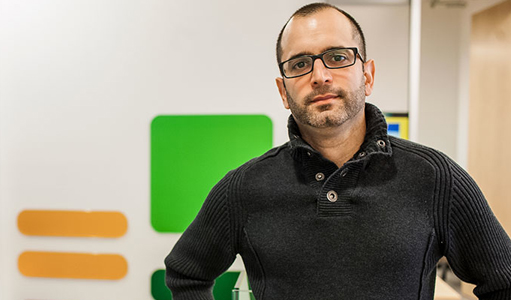
The claim aroused concerns about genomic privacy. But in a paper posted to BioRxiv, Erlich matched people to their genomes using easily accessible demographic data, showing Venter’s warning about serious privacy risks to be overstated.
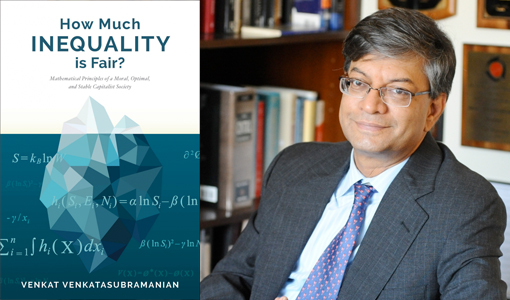
A faculty affiliate of the CS Department, Venkatasubramanian synthesizes concepts from economics, political philosophy, game theory, statistical mechanics, and systems engineering into a quantitative theory for maximizing fairness in free-market capitalism.
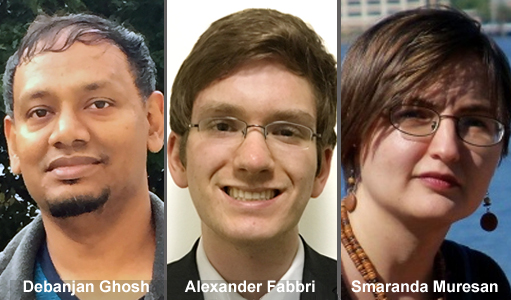
“The Role of Conversation Context for Sarcasm Detection in Online Interactions” considers the larger context of online conversations to accurately detect sarcasm while also identifying what triggered a sarcastic reply.
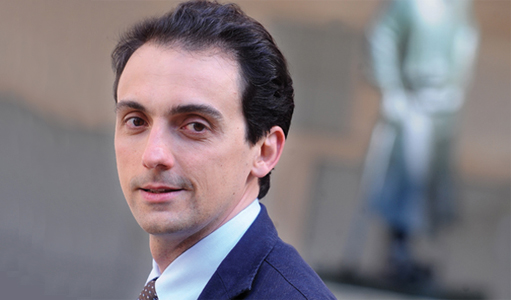
For decades, devicemakers, engineers, and others have been able to count on a new generation of chips coming to market, … Continue reading Luca Carloni on the coming engineering renaissance in chip design
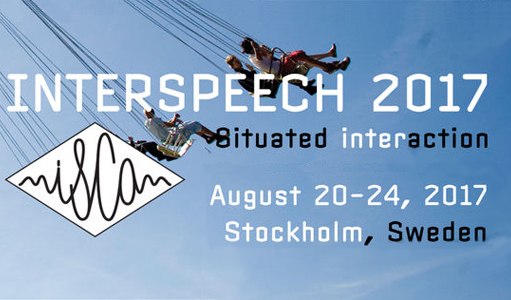
Last week in Stockholm, Columbia researchers presented three papers at Interspeech, the largest and most comprehensive conference on the science … Continue reading Columbia speech researchers present four papers in August
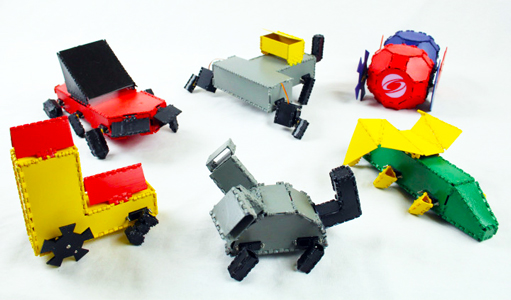
Interactive Robogami, an MIT CSAIL project, lets anyone design a robot in minutes, and 3D-print and assemble it in as little as four hours. A key feature is controlling a robot’s gait and geometry.
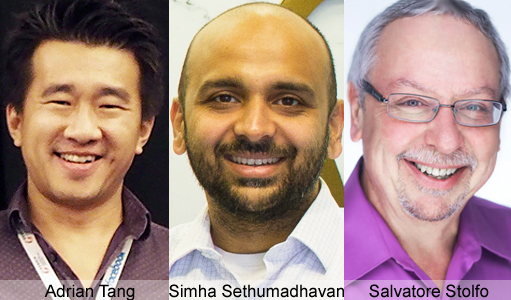
The paper, by three Columbia researchers, describes CLKSCREW, a new class of fault attacks that exploit the security-obliviousness of energy management mechanisms. The attack does not require physical access to devices or fault injection equipment.
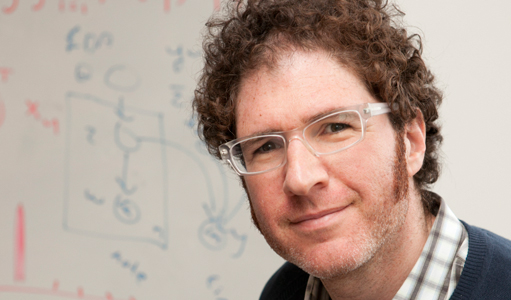
In a paper published in PNAS, they call for a holistic approach to data science, one that weaves statistics and computer science into a larger framework while considering context and responsibilities when using data. Subscription.
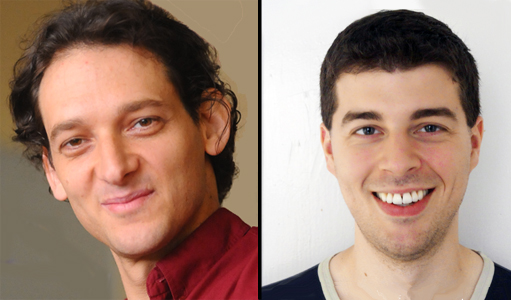
The Winner’s Curse—where newly discovered genetic effects are consistently overestimated and fail consistently to replicate in subsequent studies—afflicts every genome-wide … Continue reading Genome-wide association studies, minus the Winner’s Curse, are shown to be reliable and replicable
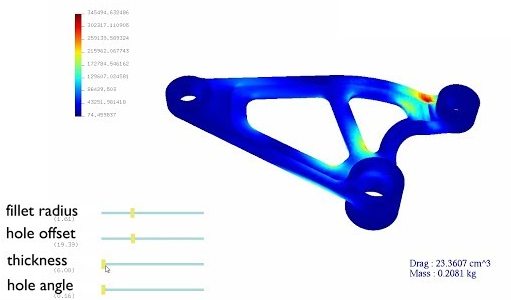
Eitan Grinspun and Changxi Zheng worked with MIT researchers to create InstantCAD, a plugin providing real-time feedback on how design changes affect performance. A paper describing InstantCAD will be presented at SIGGRAPH in August.
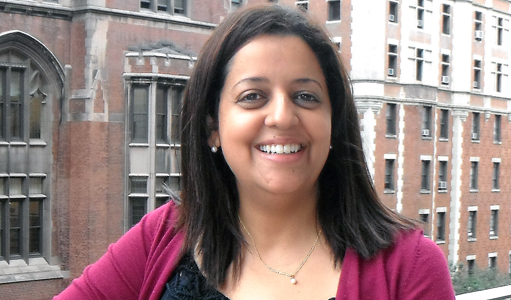
When 108,000 students enrolled in her inaugural online edX artificial intelligence course, Ansaf Salleb-Aouissi and two assistants divided up among … Continue reading Ansaf Salleb-Aouissi receives provost award to build MOOC chatbot
Find open faculty positions here.
President Bollinger announced that Columbia University along with many other academic institutions (sixteen, including all Ivy League universities) filed an amicus brief in the U.S. District Court for the Eastern District of New York challenging the Executive Order regarding immigrants from seven designated countries and refugees. Among other things, the brief asserts that “safety and security concerns can be addressed in a manner that is consistent with the values America has always stood for, including the free flow of ideas and people across borders and the welcoming of immigrants to our universities.”
This recent action provides a moment for us to collectively reflect on our community within Columbia Engineering and the importance of our commitment to maintaining an open and welcoming community for all students, faculty, researchers and administrative staff. As a School of Engineering and Applied Science, we are fortunate to attract students and faculty from diverse backgrounds, from across the country, and from around the world. It is a great benefit to be able to gather engineers and scientists of so many different perspectives and talents – all with a commitment to learning, a focus on pushing the frontiers of knowledge and discovery, and with a passion for translating our work to impact humanity.
I am proud of our community, and wish to take this opportunity to reinforce our collective commitment to maintaining an open and collegial environment. We are fortunate to have the privilege to learn from one another, and to study, work, and live together in such a dynamic and vibrant place as Columbia.
Sincerely,
Mary C. Boyce
Dean of Engineering
Morris A. and Alma Schapiro Professor